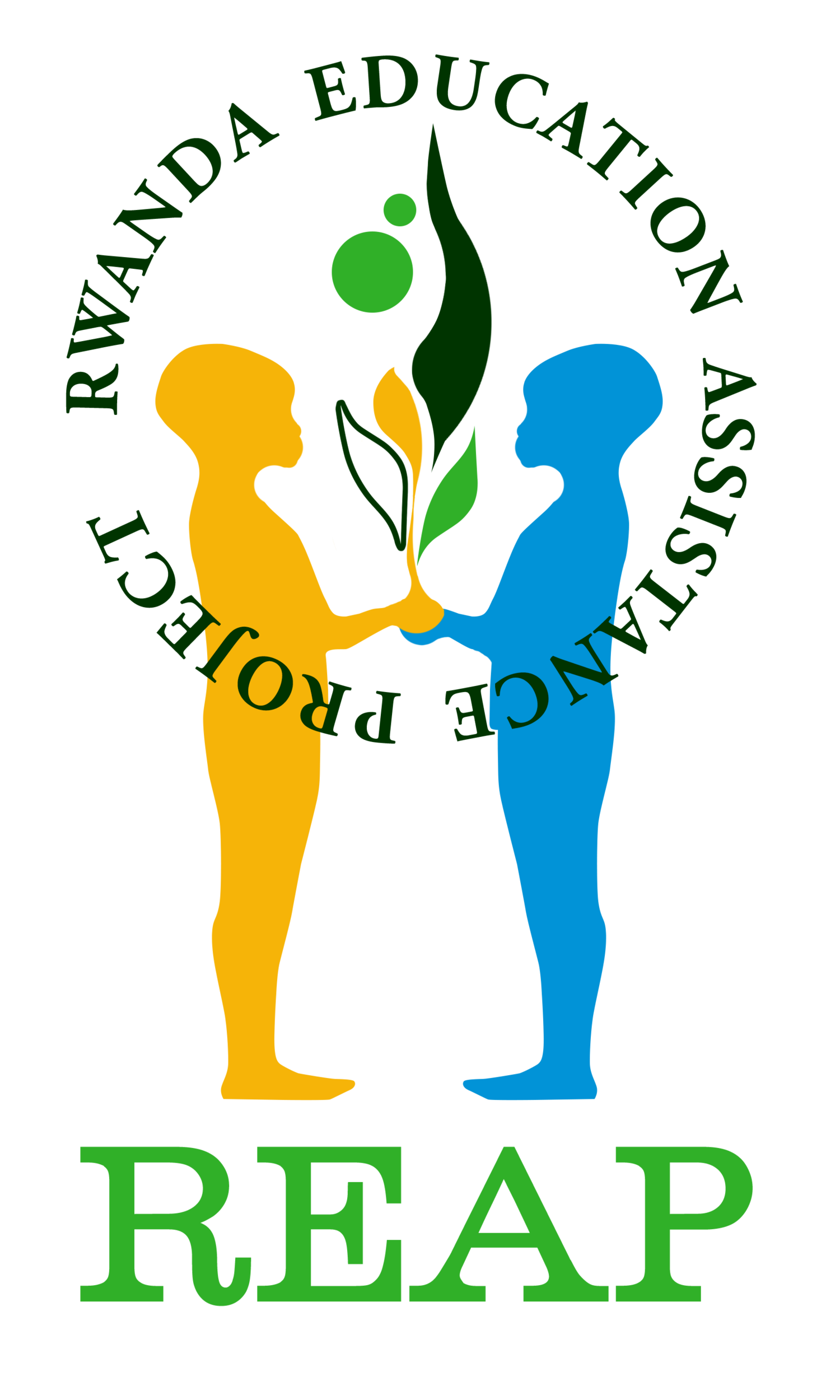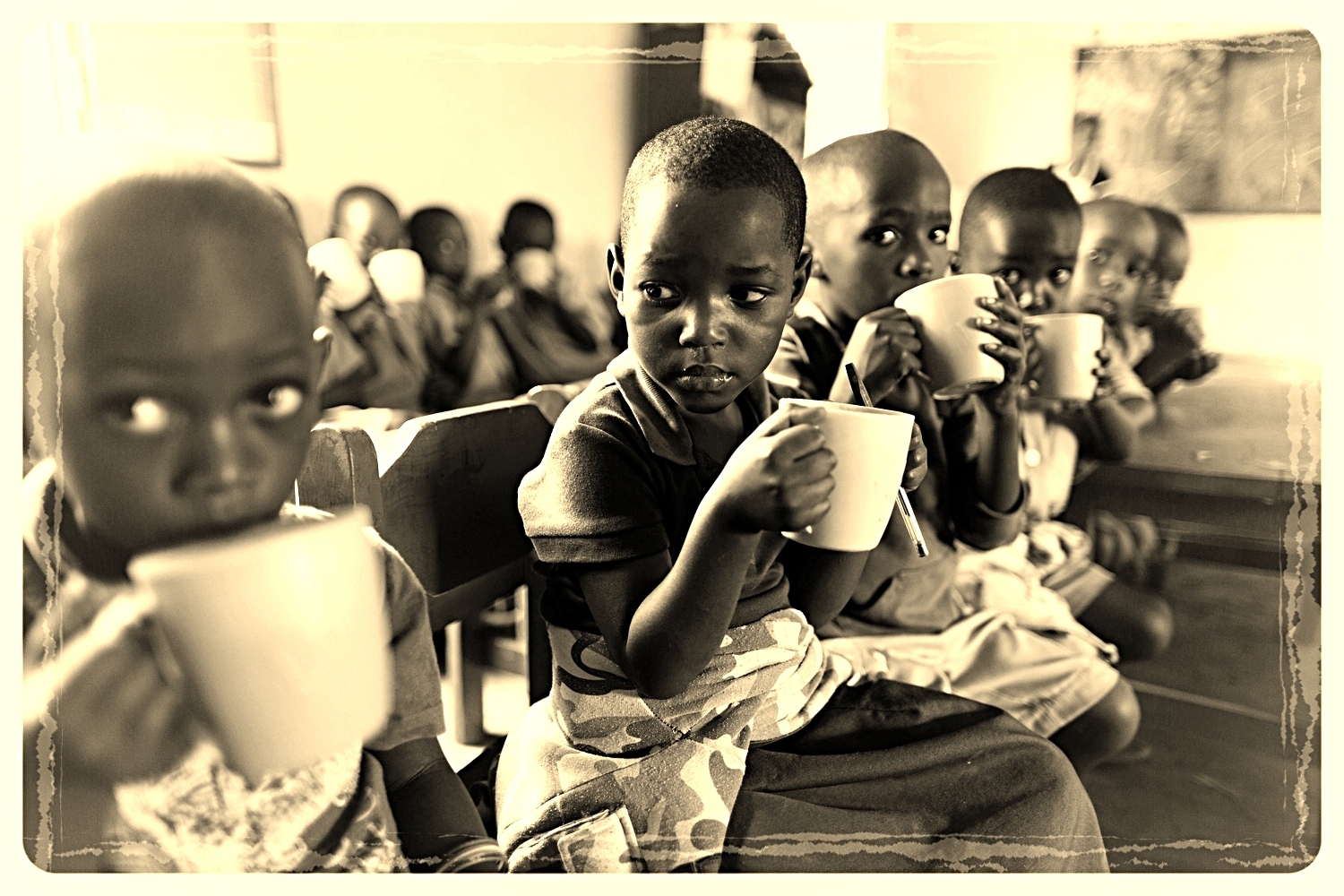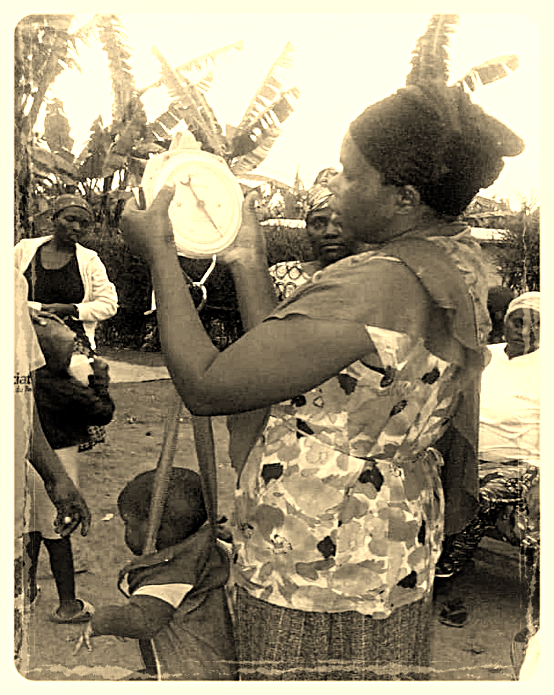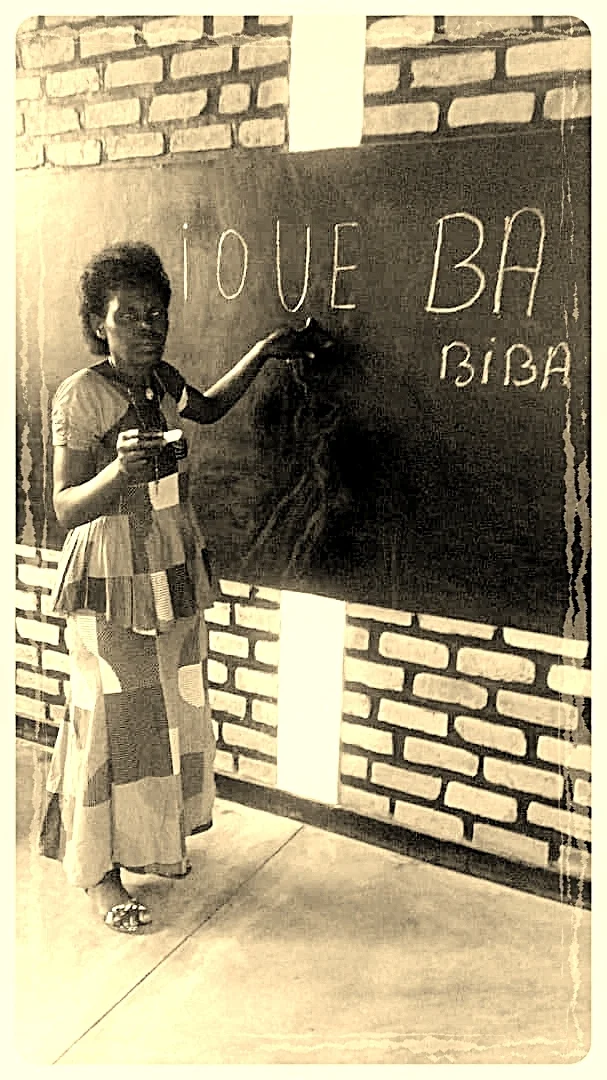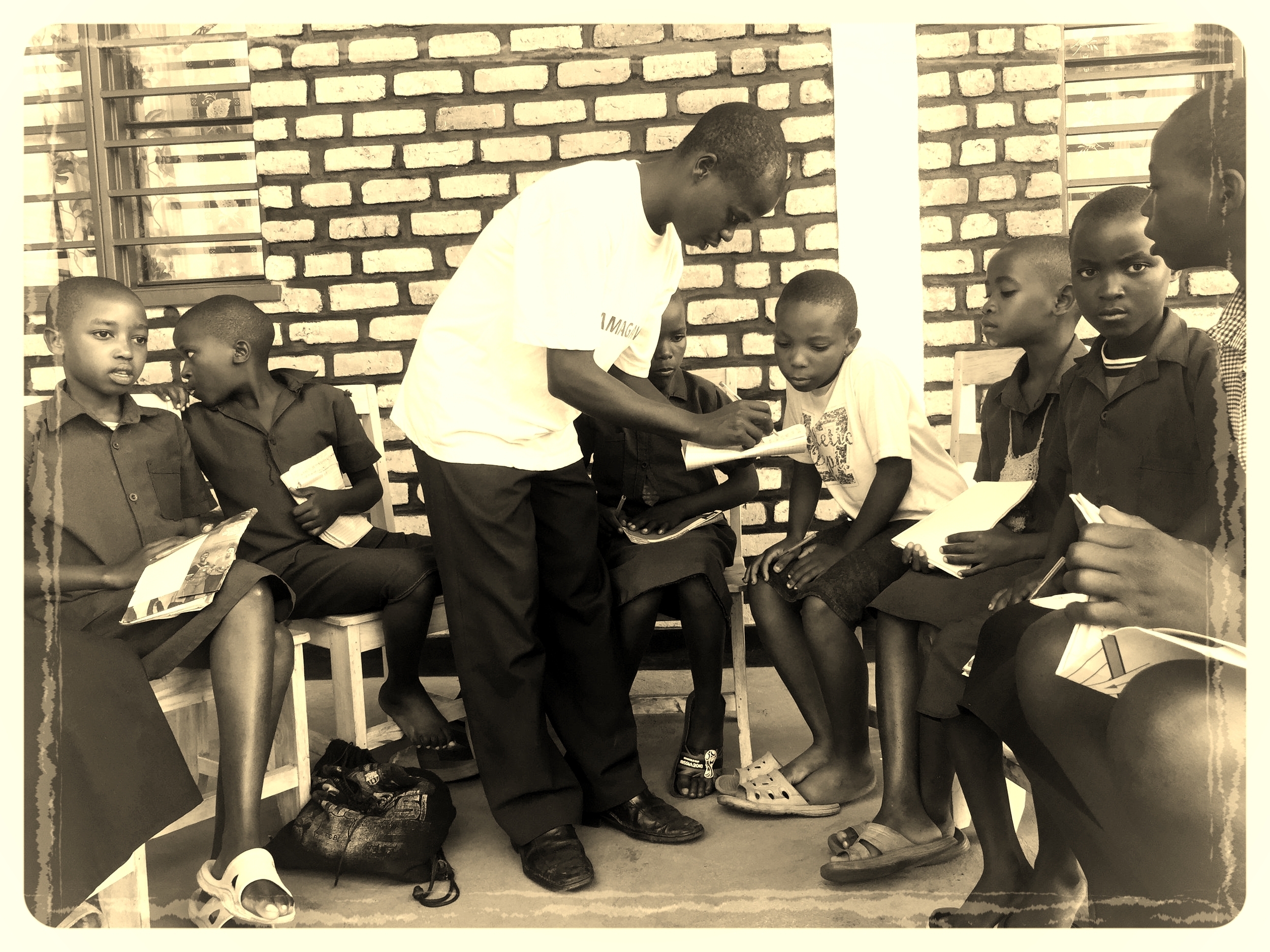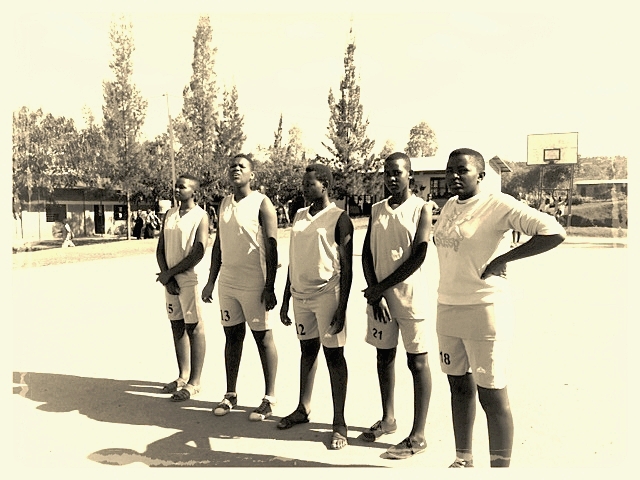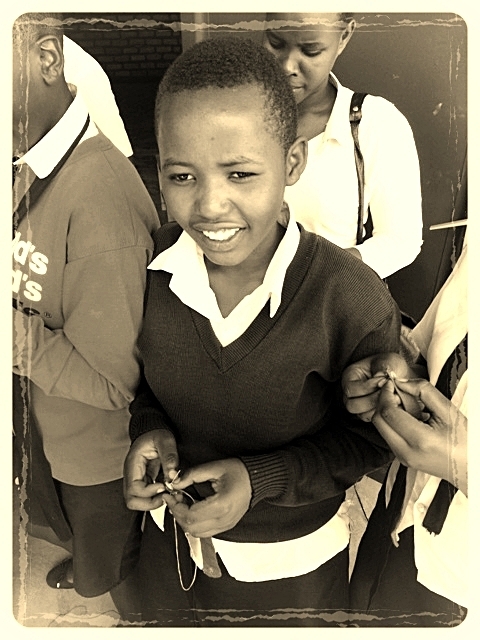Families that read together...
/On the International Day of Families, REAP joins the Musha community and other stakeholders - our local government, nearby schools and other educational NGOs - in celebration. REAP uses the holiday to promote literacy as a catalyst for the socio-economic development of families, and thus, of the nation at large. We use interactive components, such as storytelling, community readings, and games illustrating Rwandan proverbs, to illustrate how family literacy activities can be fun and create stronger family bonds.
This year, to build the motivation of the community and to promote the International Day of Families, REAP organized a reading and read-aloud competition. Community members came to the library to practice reading and then gathered children in their neighborhoods to read stories to them. Winners of the competition received literacy-based prizes (such as a copy of their favorite book) and were able to demonstrate their reading before the live audience on May 15.
